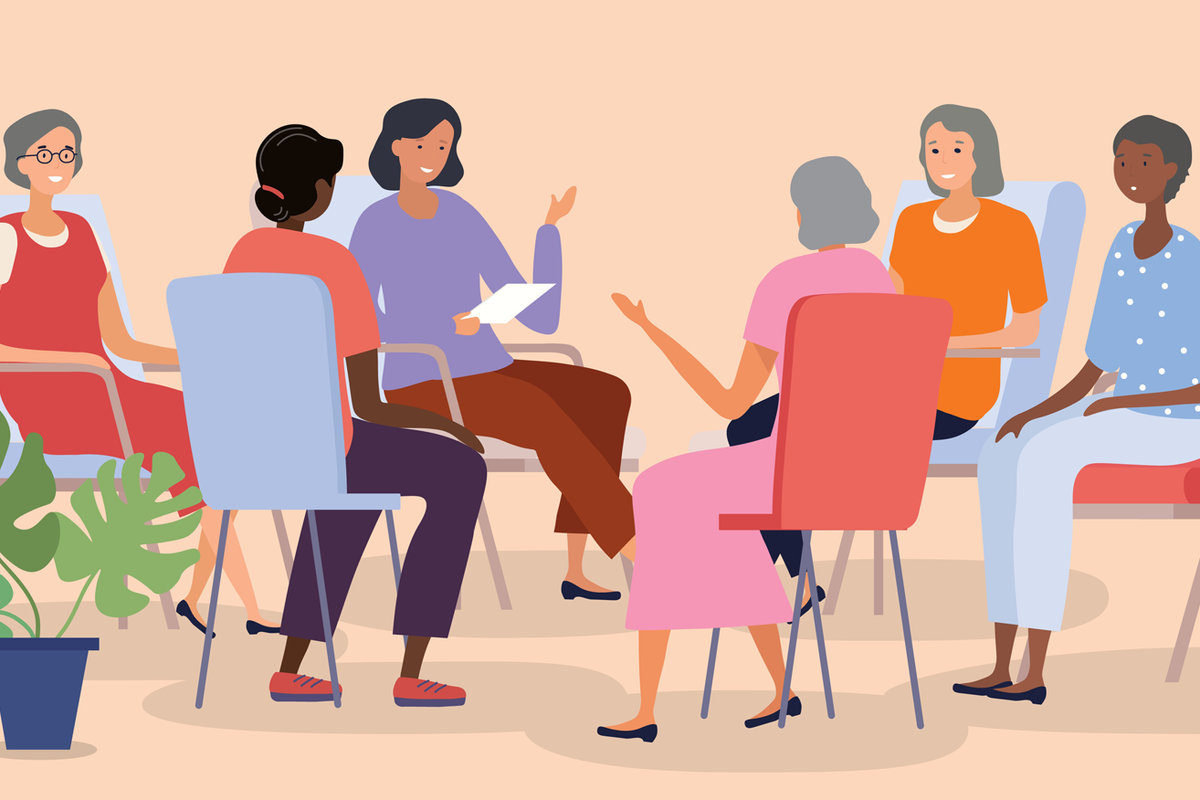
The Connection Between HIV and Mental Health in the Older Adult
How living with HIV can affect your mental health
Sep 27, 2021
Jul 19, 2023
Created With Support
HealthyWomen's Program Coordinator
Cynthia Louis-Juste is a program coordinator on the education team at HealthyWomen. She has worked with underserved and uninsured community patients to understand health disparities; conducted research on communication/cultural competency at Coney Island Hospital in Brooklyn, New York, through the Greater New York Hospital Association; and conducted community needs assessments alongside Morris Height Health Center in Bronx, New York, during her CDC-funded internship at Columbia University.
Cynthia graduated with a bachelor of science in public health with a minor in sociology and a master of public health with a concentration in health policy and management and certificate in health disparities from the University of Albany. Some of her health interests include addressing women's health issues, health disparities within underprivileged populations, and tackling health strategy and operations within healthcare organizations.
Full BioLearn about our editorial policies

How living with HIV can affect your mental health
Medically reviewed by Dr. Sharon D. Allison-Ottey
Good Mental Health Is Essential to Living Well With HIV
Living with HIV can result in negative feelings or thoughts. In a national sample of HIV-positive adults:
- Nearly 2 out of 3 people said that it is difficult to tell people about their HIV status
- 1 out of 3 people reported feeling guilty or ashamed of their HIV status
- Nearly 1 in 4 people said their HIV status makes them feel dirty or worthless
Mental Health Issues
Aging with HIV not only affects physical health but also can have major mental health effects, including increased rates of:
Discrimination is a key barrier to accessing care. In a recent national study, people aging with HIV experienced stigma (28%), homophobia (19%), ageism (17%) and racism (10%) when accessing care.
Stigma Is a Problem
It’s common for older people with HIV to feel stigma, which has a negative effect on a person’s quality of life and self-image.
Stigma may lead to:
· Avoiding healthcare or support services
· Not taking medicine because of the need for secrecy
· Not disclosing their HIV status
· Living in denial about their HIV status
· Experiencing social isolation and loneliness
Older adults living with HIV may experience extra stigma because they are labeled by both age and HIV status.
Reach out to get the care and support you need
- Find a counselor or therapist to help you deal with any negative feelings about your HIV status
- Join support groups to connect with other people living with HIV
- Start treatment as early as possible and take medicine as prescribed to keep you (and your partner) healthy
This educational resource was created with support from Merck.